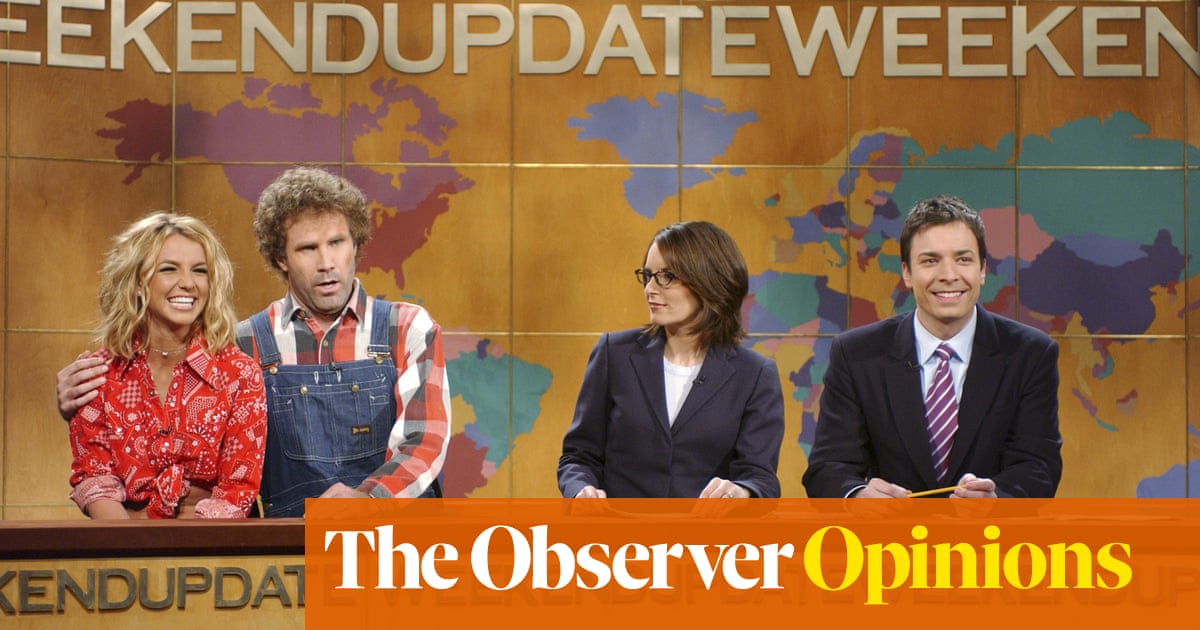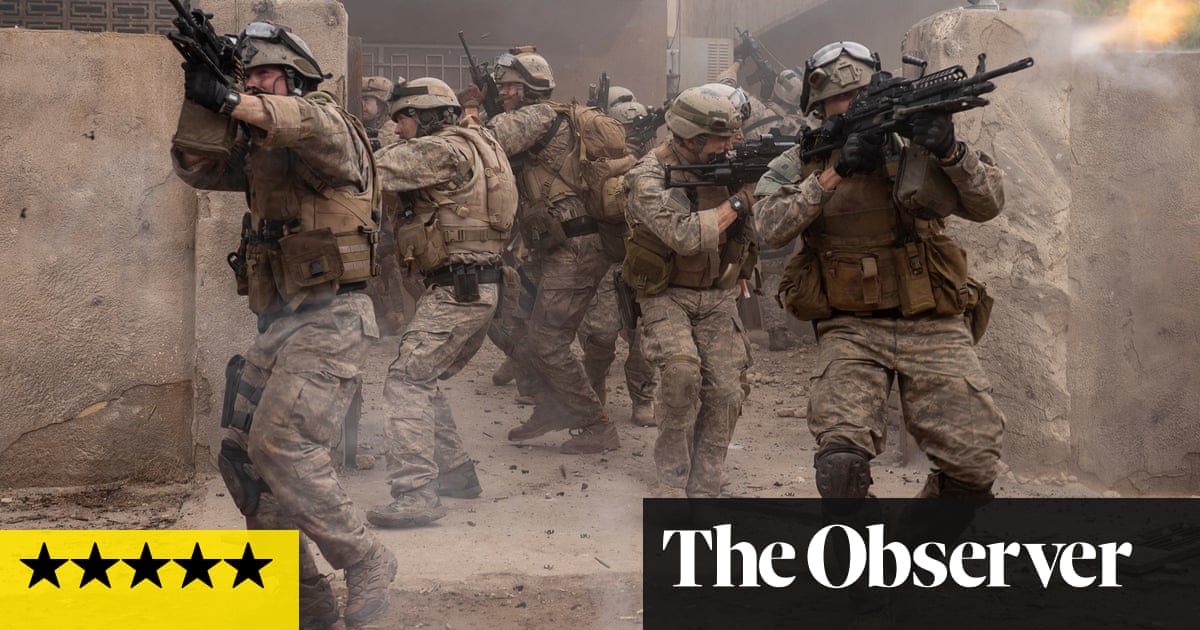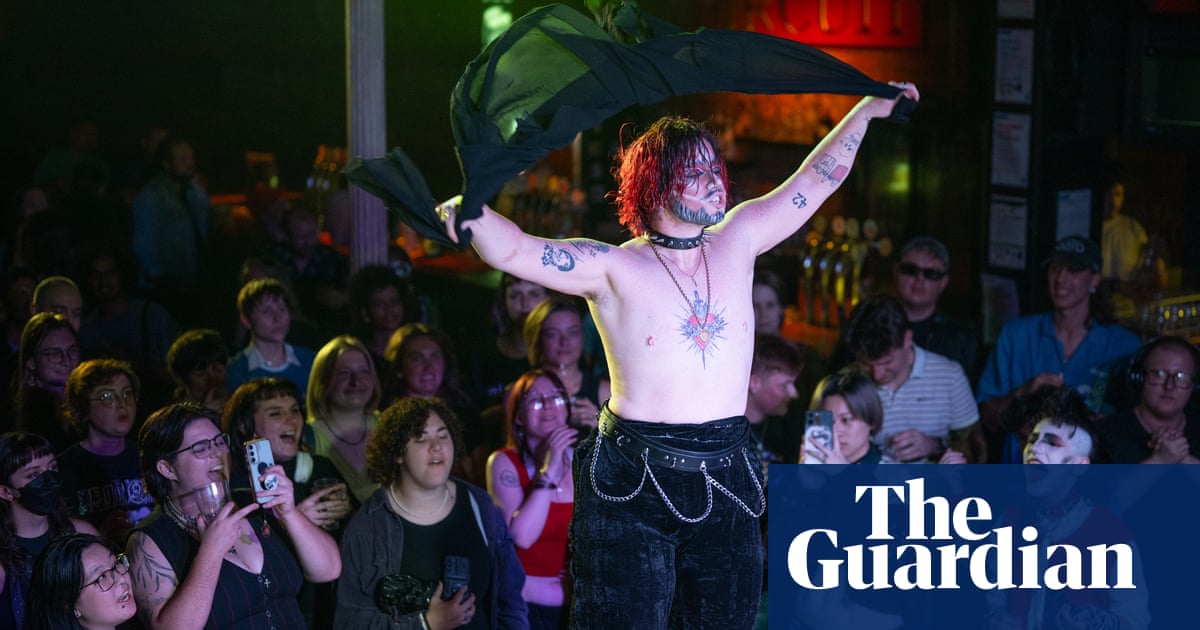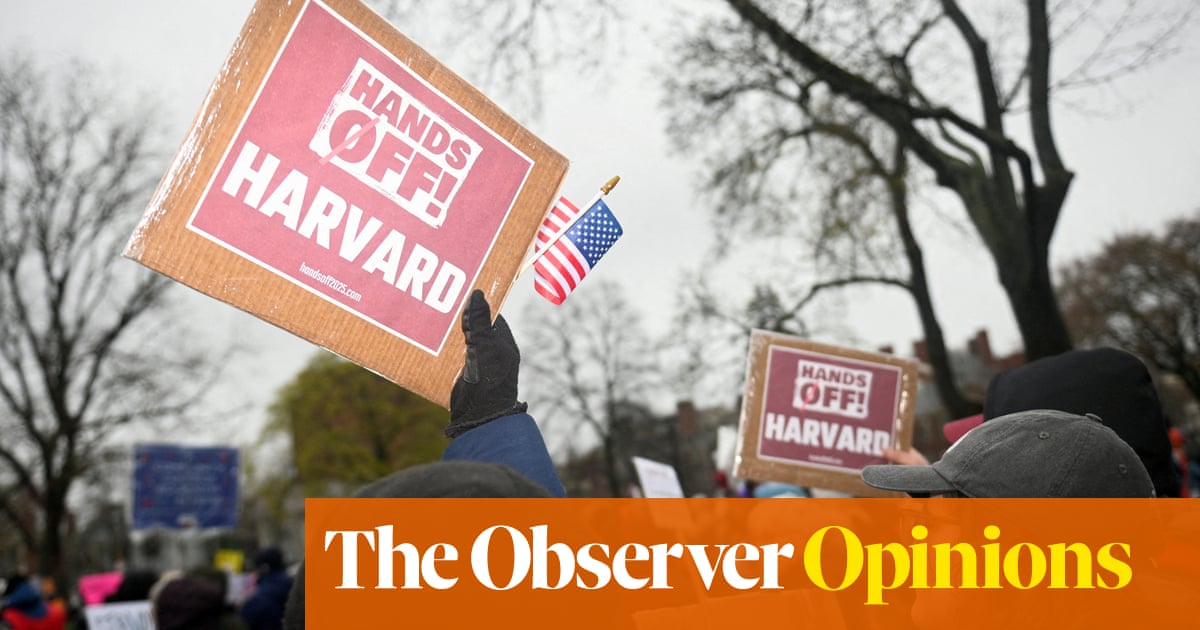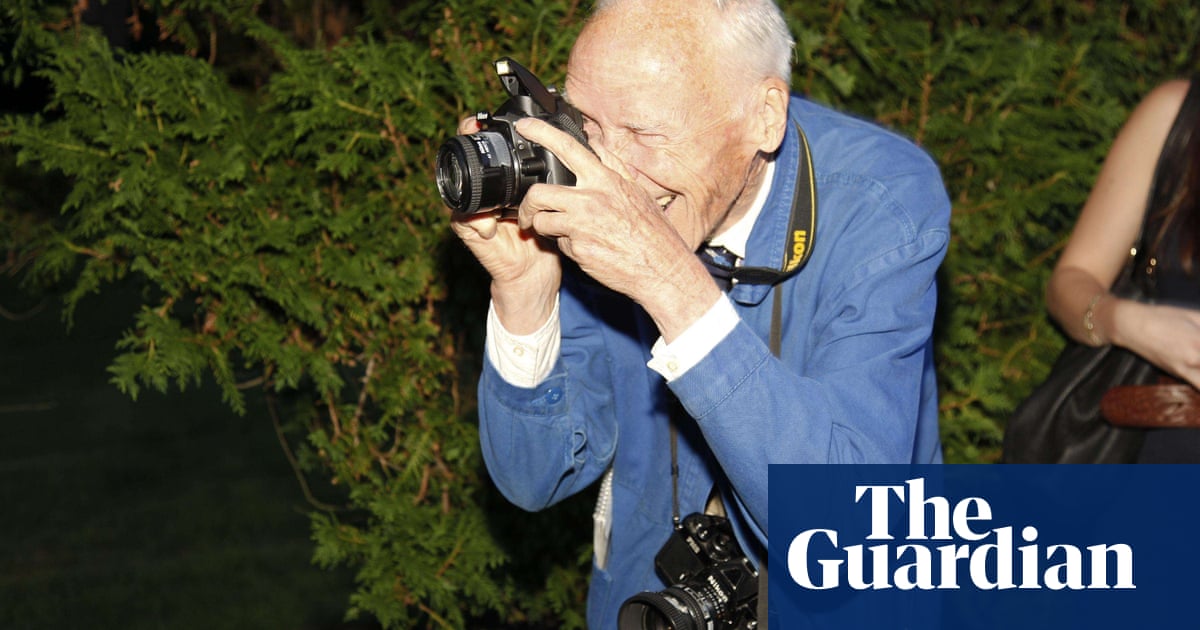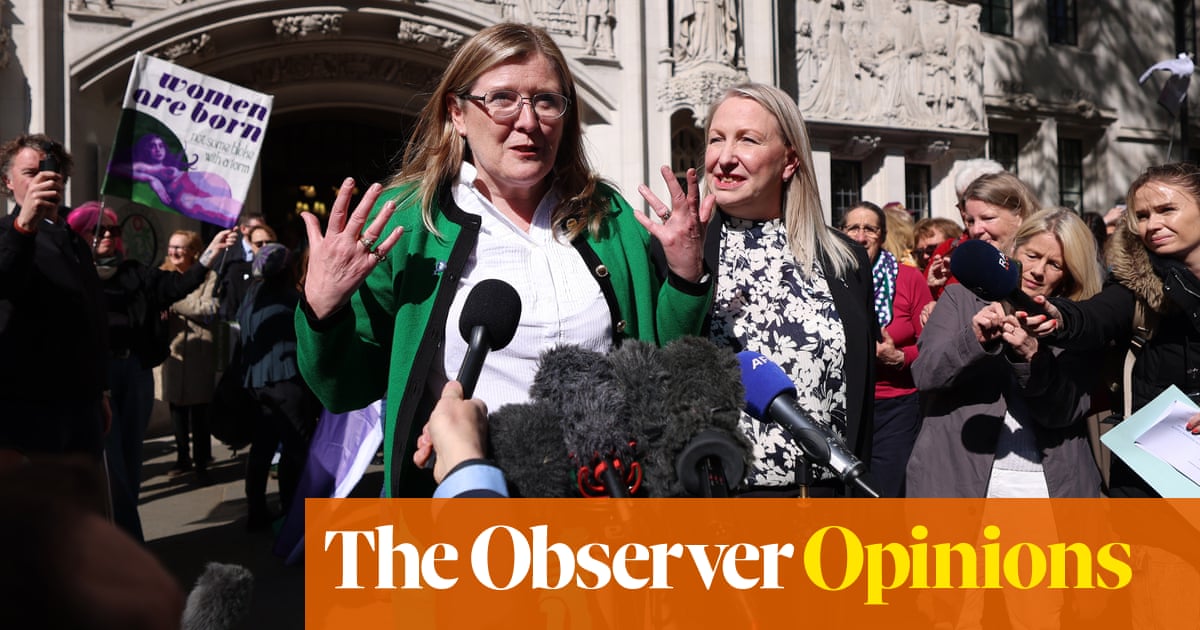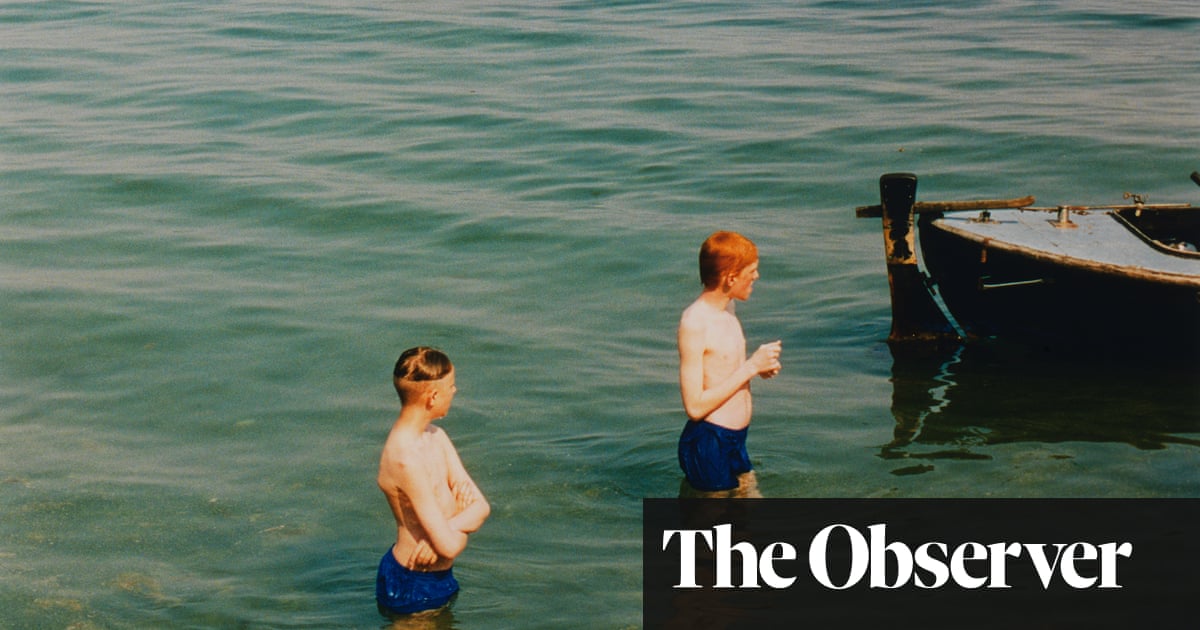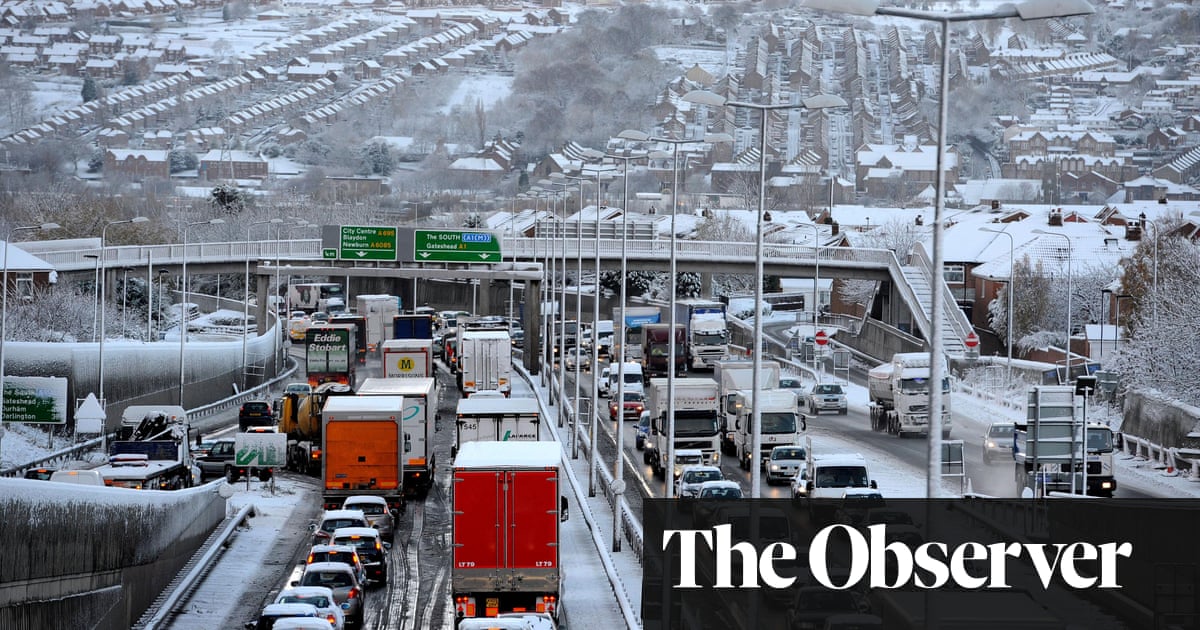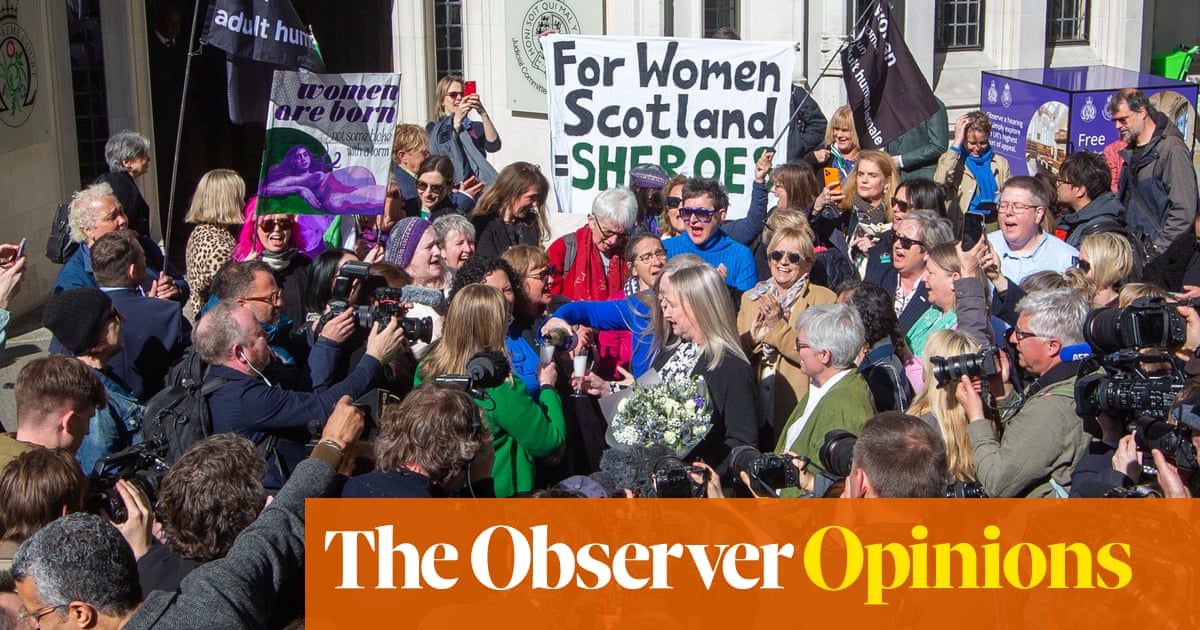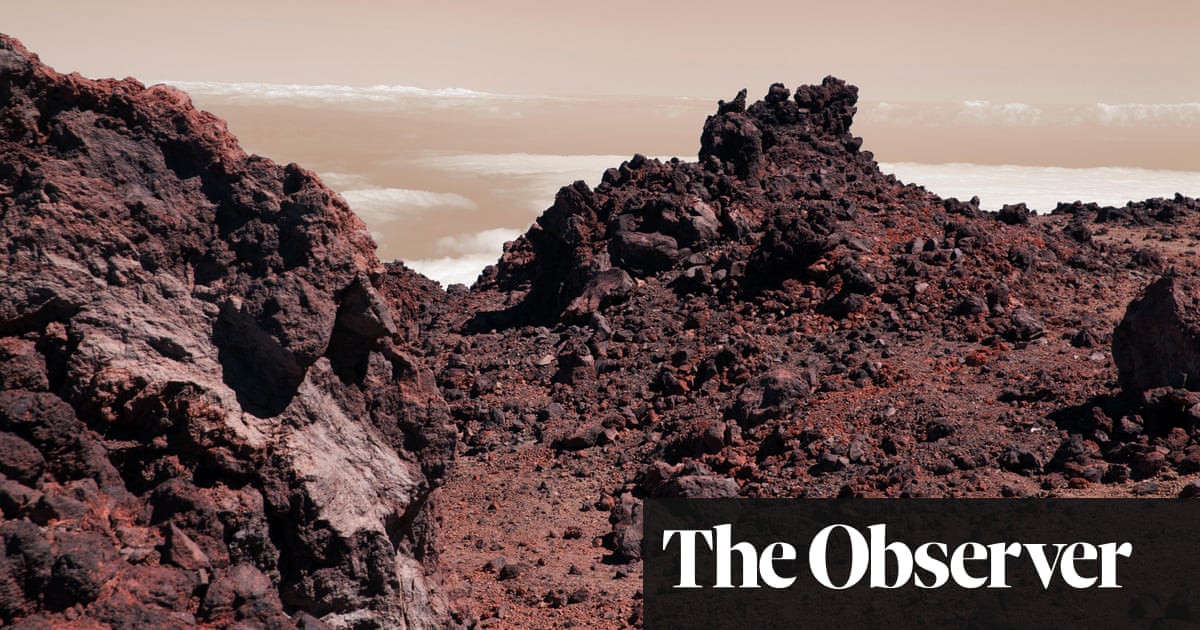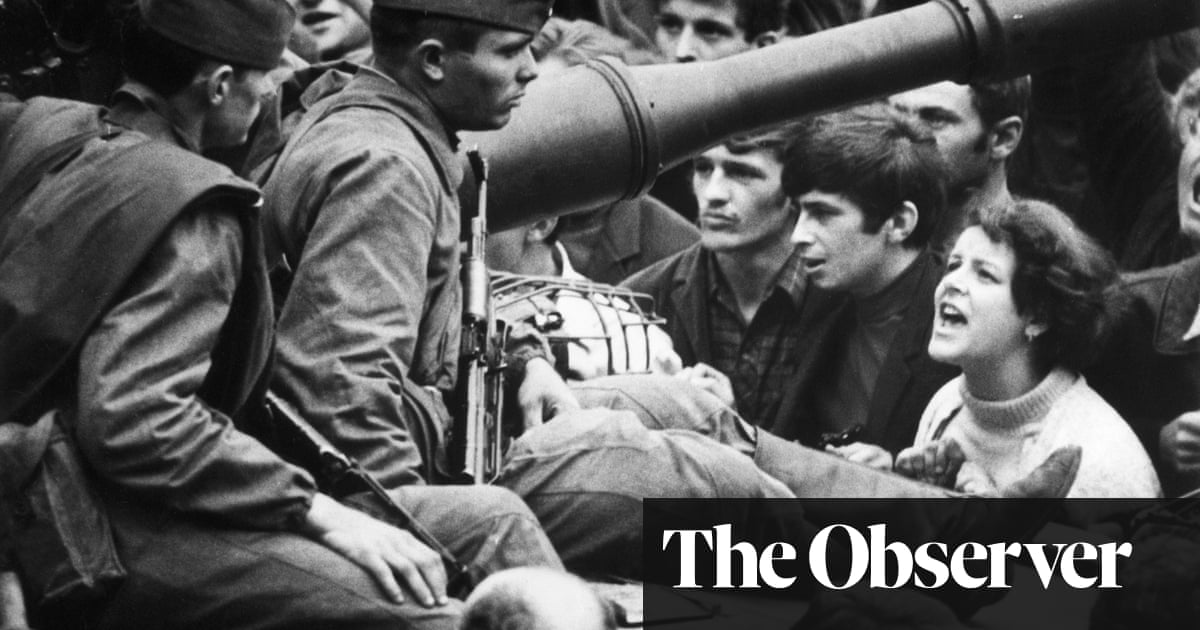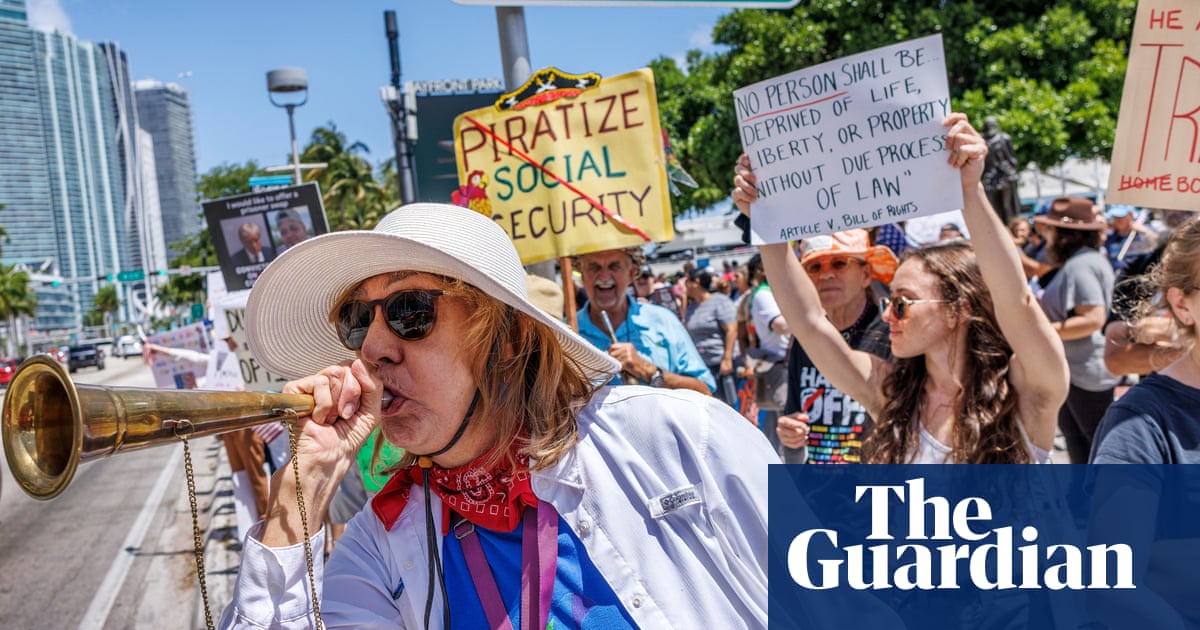Isolated, incommunicado and blindfolded for much of their captivity, the newly released American hostages had mixed feelings at best about the US president who had presided – seemingly impotent and powerless – over their 444 days of misery.
Some blamed him for failing to extricate them from the Iranian revolutionaries who held them against their will and subjected them to ill-treatment, including beatings and mock executions. Others blamed him for the presidential decision that prompted their incarceration.
But when Jimmy Carter – freshly supplanted in the White House the day before by Ronald Reagan – arrived at a US air force base in West Germany to personally welcome the 52 diplomats and military support personnel to freedom, feelings of resentment seemed to wash away.
“We were just dumbfounded to see him,” recalls Barry Rosen, who had been press attache at the US embassy in Tehran before it was overrun. “I think the 52 of us ranged from hating President Carter to understanding what he went through.
“But I felt that it took a lot of standup nerve and being a real human being to come directly to us and apologise for what had happened to us.
“He was very nervous himself. But that smile of his was there, and I think it was the sense that he was so happy to know that we were all alive that turned people’s feelings about him.”
The January 1981 encounter at Wiesbaden airbase stands as a little-remembered coda to arguably the defining and most consequential issue of Carter’s single-term presidency; the violent takeover of the United States’ embassy in Iran that triggered a rupture in diplomatic ties between two formerly close allies that has now lasted two generations.
Mass protests had swept the Shah of Iran, Mohammad Reza Pahlavi, the country’s western-allied monarch, from power in January 1979, to be replaced by a new revolutionary regime led by Ayatollah Ruhollah Khomeini, a stern Shia cleric.

Despite the overthrow of their ally, US and other western countries maintained a wary diplomatic presence, waiting to see how the revolution would unfold as rival factions – some religious, others leftists and secular – sparred for control amid daily turmoil.
A turning point came on 22 October when Carter reluctantly bowed to pressure, from within and outside his administration, to allow the shah – who had fled Iran and was, by then, exiled in Mexico – to enter the US for cancer treatment.
With dark prescience, the president foretold the consequences. “What are you guys going to advise me to do when they overrun our embassy now and take our people hostage?” a former aide, Stuart Eizenstat, recalled him telling his closest advisers.
Carter’s foreboding was swiftly realised. On 4 November, Islamist students swearing allegiance to Khomeini, overran the embassy compound, seizing sensitive documents and taking all those inside hostage.
To those old enough to remember Carter’s presidency, the event and its aftermath served up an enduring catalogue of vivid televised images; angry protesters chanting “marg bar Âmrikâ” (death to America) as blindfolded hostages were paraded in front of braying crowds; the burning of the US flag and effigies of Carter; perhaps most memorably of all, the exhausted countenance of a sleep-deprived, cardigan-wearing president making seemingly endless phone calls from the Oval Office in a desperate quest to secure the hostages’ release.
Successive negotiation rounds failed to win their freedom. So too did a high-risk rescue mission when three out of eight helicopters meant to airlift the hostages to safety were rendered inoperable by mechanical problems and a fourth collided with a transport airplane in the desert before they could reach Tehran.
Recent disclosures have fuelled suspicions of collusion between the Iranian regime and members of Reagan’s campaign, particularly his future CIA director, William Casey, and John Connally, a former Democratic Texas governor who turned Republican. Both men, long dead, have been described, according to various accounts, as offering Iran inducements to hold the hostages until after the 1980 presidential election, which Reagan won, although there is no conclusive proof.
Only in the last days of Carter’s term, after his election defeat, did Iran finally consent to their release following a last-minute breakthrough. Determined to heap one last indignity on a political leader they had come to revile, the country’s leaders did so only after he exited the White House, waiting until moments after Reagan’s inauguration before allowing the aircraft flying them to freedom to take off.
The ignoble saga and its messy ending seemed emblematic of what was seen at the time as an inglorious presidency – with the incumbent punished at the ballot box for failing to get the hostages out earlier and earning little credit for doing so belatedly.
Yet as Carter lies in state in the run-up to Thursday’s funeral, following his death aged 100 on 30 December, some surviving former hostages regard him with deep gratitude – and a growing conviction that his efforts on their behalf distinguish him as one of the nation’s greatest presidents.

“I think there was no way that we could have been freed but through a long and exaggerated negotiation process,” says Rosen, 80, who endured years of post-traumatic stress disorder from his ordeal. “In order to keep us alive, he couldn’t have done things any differently.
“But when I was in captivity, I thought we were just one foreign policy problem that he had. None of us knew the extent of how central we were to the foreign policy of President Carter and the misery that he had to withstand during those 14 and a half months and my heart goes out to him now.”
Amid the swirling emotions at Wiesbaden, with hugs being exchanged and tears shed, Rosen recalls a moment of heartening levity.
“They set up telephone booths for all of us, and after we first met him, I was talking to my wife, and then to my mother-in-law,” he recalls. “And then someone tapped me on on my shoulder, I looked up and there was Jimmy Carter.
“He said, ‘could I say hello?’ Yeah. I said, why not? And he took the phone and said, ‘Hello, this is Jimmy.’ And my mother-in-law said to him – and this was perfect – ‘Jimmy who?’
“He laughed. All of us laughed – my wife, my mother-in-law, and Jimmy too. I think that relieved a lot of tension between between us. He was a small-town intimate person who went by first name terms.”
Rosen recalls how his wife, Barbara, who helped to form a families action liaison group to campaign for the hostages’ release, met the president and showed him a photo of her husband with their two children, Alexander and Ariana (named for Rosen’s love of Iran), then both toddlers. “Carter took it and kept it – I can just imagine him looking at it and welling up with emotion,” he said.
Michael Metrinko, a political officer at the embassy at the time, was taken aback by the response of his parents – committed Republicans – when he called them from Wiesbaden after his release.
“The first thing my mother said was, ‘Michael, President Carter is coming to see you. He’s on his way there now. Please be good to him. He’s been very, very nice with us. He’s a fine man that did his best,’” he said.
“When I got back to the states and talked to my parents, they had pictures of them with him, and letters of thanks for this or that. My father was a Reagan Republican and the committee chairman for the Republican party in my home town. But the personal relationship that my mother and father established with Jimmy and [first lady] Rosalynn Carter was something else.
“There were notes from Amy Carter [the president’s daughter] thanking my mother for the Easter egg. They were humanly and directly and positively involved with the families, which may have been a political mistake, but I think the Carters put politics below their humanity.”

Carter admitted to the Washington Post in 2018 that he “may have over-emphasised the plight of the hostages when I was in my final year”, adding that he was “obsessed with them personally, and their families”.
Another former hostage, John Limbert, met Carter in Algeria years after the crisis and thanked him for saving his life.
“I was stationed at the embassy around 1987 or 88 when he visited with Mrs Carter, and I asked for a private meeting, just with my wife and myself, basically to thank him because, from what I understood, he essentially had sacrificed his presidency to save our lives,” Limbert, 81, said. “It was brief but I was very impressed with the man. He’s probably one of the smartest people we’ve ever had as a president.”
One question – not addressed at the Wiesbaden meeting or subsequently, according to Limbert – that has haunted some embassy staff is why they were not withdrawn after the shah was allowed into the US, something Rosen recalls lobbying his bosses in the United States Information Agency (USIA) to do.
Some have speculated that Washington was keen to maintain a diplomatic presence in Iran because of its status as a cold war listening station abutting the Soviet Union.
“No one asked that question when we met him in Wiesbaden. I wish we had,” said Limbert.
But Metrinko – who also met Carter years later when serving as US consul general in Tel Aviv – says it would have been moot. The shah’s admission to the US, he argues, gave the fledgling revolutionary regime the perfect pretext to attack an embassy it had already identified as problematic.
“It was a very useful pretext for the revolutionaries,” he said. “The truth is that they were worried about the huge numbers of Iranians of all stripes, including the families of grand ayatollahs, who were applying for visas to go to the US. It was a huge brain and money drain leaving the country. They had to do something about the embassy.”
Carter, Metrinko says, “stands head and shoulders above … in terms of decency, integrity, honour” the other 12 presidents the US has had since Harry Truman, who he remembers seeing as a four-year-old in 1949.
“For all too long, Jimmy Carter was neglected and shunted aside,” agreed Rosen. “He deserves much more. As a human being, he stands apart from almost any contemporary president. But I also believe as time moves on and there will be more and more written about him, that his status as a president will rise significantly and he will be thought of in more positive terms.”

 3 months ago
59
3 months ago
59


